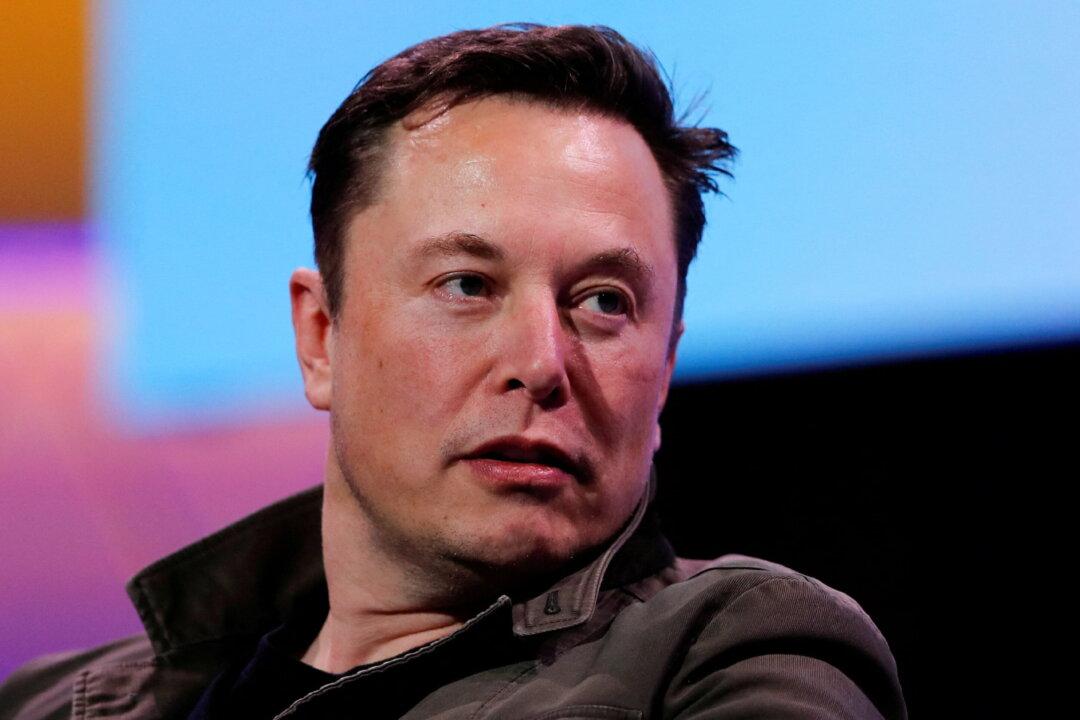A whistleblower who served as Twitter’s security chief said in regulatory filings obtained by The Epoch Times that the social media company misled tech entrepreneur Elon Musk about the number of bots on the platform, with possible implications for the legal battle between the Tesla chief and Twitter.
Peiter Zatko, who has publicly come forward as the whistleblower, made a series of explosive allegations regarding Twitter’s cybersecurity policies in a disclosure filed in July with federal regulators (pdf), including the claim of Twitter “lying about bots to Elon Musk.”





